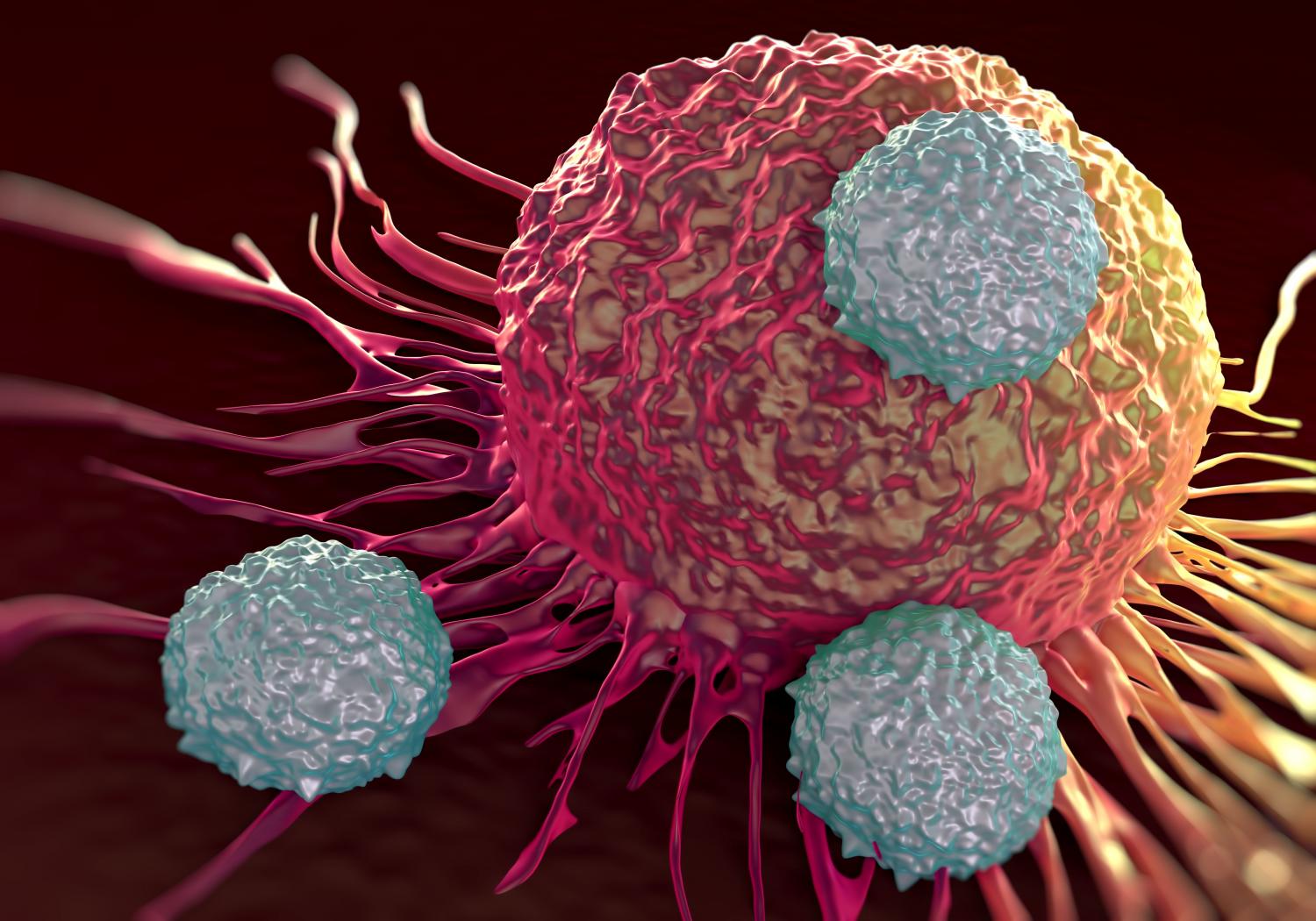New study provides deeper insight into the immune system.
In a bid to better understand the gene expression patterns that control T cell activity, researchers at the La Jolla Institute for Allergy and Immunology mapped genome-wide changes in chromatin accessibility as T cells respond to acute and chronic virus infections. Their findings, published in the Dec. 20, 2016 issue of Immunity, shed light on the molecular mechanisms that determine the fate of T lymphocytes and open new approaches to clinical intervention strategies to modulate T cell activity and improve immune function.
“Identifying the different factors that determine different T cell states and therefore their function helps us understand if T cells will be able or not to fight viral infections or tumor growth, and if they will be able or not to provide long-term protection,” says the study’s first author James Scott-Browne, a postdoctoral fellow in the laboratory of Anjana Rao, a professor in the Division of Signaling and Gene Expression. “We may be able to revert the exhaustion phenotype of T cells and render them better able to fight tumors or chronic viral infections such as HIV, or generate better memory cells in response to vaccines.”
When viruses invade or cells turn malignant, the immune system mobilizes a small cohort of naïve or immature CD8 T cells, a crucial subdivision of the immune system charged with killing virus-infected and cancerous cells. Upon activation, they mature and proliferate exponentially into highly specific effector T cells that eliminate virus-infected or otherwise compromised cells. After their job is done, most effector T cells die leaving behind only a small contingent of memory T cell that confer long-term protection.
